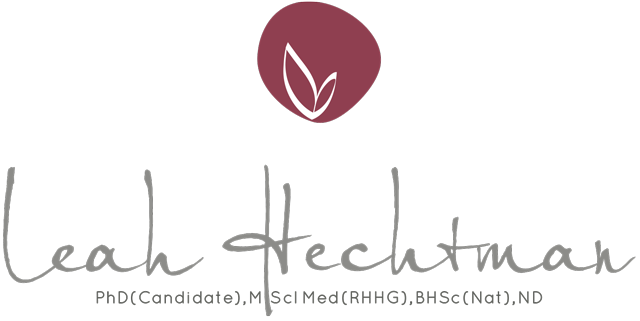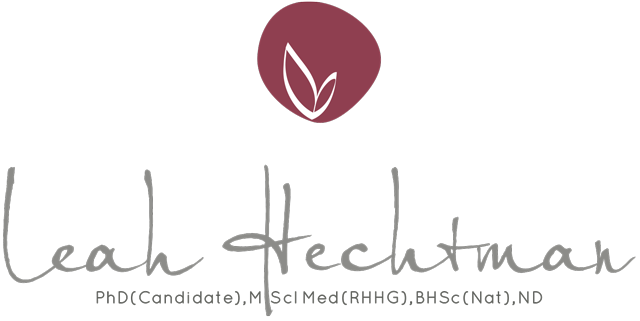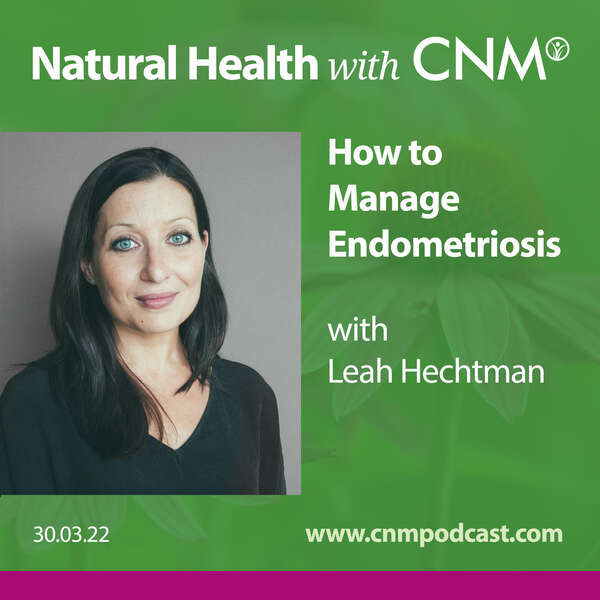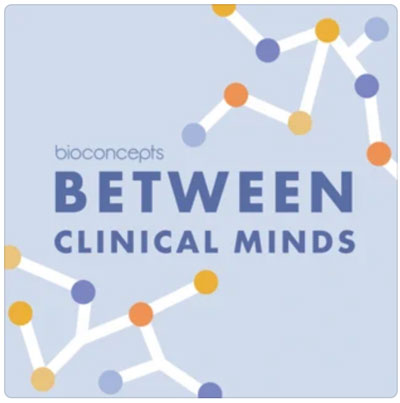Thrush (or candida) is more likely to develop in warm, moist environments such as the genital region. It is caused by the yeast-like fungus Candida albicans that normally lives in our mouth, bowels, skin, genitals and other mucous membranes. This yeast exists in a natural balance with other bacteria but when the balance is disturbed symptoms eventuate.
There are many simple strategies one can do to prevent and treat thrush. These strategies are in varying degrees. If someone has thrush very infrequently, I will ask them to trial something simple first but if it is recurring or severe I will ask them to implement all of the suggestions and then we can reintroduce regular practices to determine what they need exactly.
The premise of support is basically to encourage the body to find it’s natural bacterial balance. Many contributors such as antibiotics, the oral contraceptive pill, poor diet, stress, poor hygiene and various lifestyle practices can all interfere with this delicate balance. Remember that regardless of where the thrush symptoms occur the condition is systemic (i.e. it means that the bacteria throughout the body has been disrupted).
All of the following can encourage this imbalance and allow the bad bacteria to proliferate:
- Dietary: Too much sugar, alcohol, yeast and fermented foods
- Sexual: Flavoured condoms; synthetic lubricants and poor sexual hygiene. Remember that partners often share thrush so if one partner is infected either avoid sexual activity or use barrier methods such as condoms or dams
- Hygiene: Scented toilet paper; heavily chemical or scented soap, shampoo, conditioner, body washes, washing detergent and cleaning products; Keep the area dry
- Clothing: Underwear and undergarments (stockings) made from non-breathable fibres – encourage 100% cotton where possible.
Supplementation with probiotics such as Acidophilus and Bifidus species, Garlic preparations and Vitamin C are also very effective as well.







